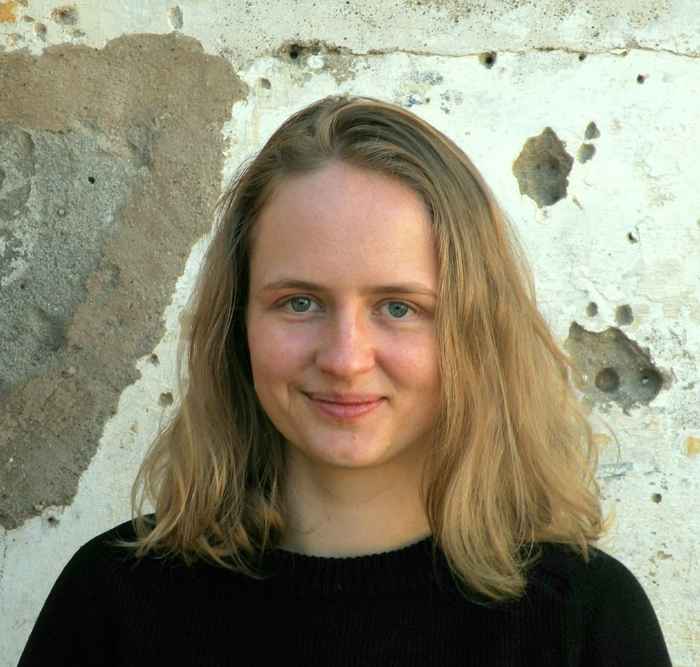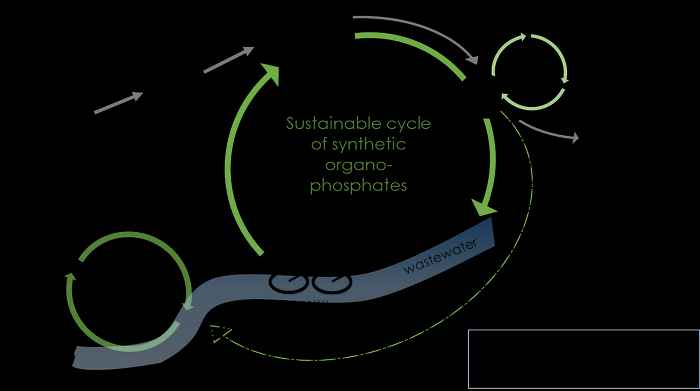Hannah Flerlage wins Student Recycling Award 2021
Master's thesis is start for PhD research in the field of Zero Waste
22 November 2021

Flerlage followed the MSc track in Science for Energy and Sustainability and graduated with both Slootweg (Synthetic Organic Chemistry, Van 't Hoff Institute for Molecular Sciences) and Prof. Annemarie van Wezel (Environmental Ecology, Institute for Biodiversity and Ecosystem Dynamics). Her daily supervisors were PhD students Joanke van Dijk (Van Wezel group) and Steven Beijer (Slootweg group).
In her thesis report, Flerlage focuses on a systems approach to the production of organophosphate flame retardants suitable for the circular economy. The jury awarded her the award for its innovative character coupled with practical feasibility and potential impact on the industry. In addition, the jury was impressed by the scientific and well-founded elaboration of synthesizing flame retardants in a smart way and render them biodegradable and circular. Flerlage also received much appreciation for the development of a conceptual framework that enables further development and scaling up of circular phosphorus for other applications.
Zero Waste
Next year, Flerlage will begin a PhD research project with Chris Slootweg in which she continues to work on the development of sustainable phosphate compounds. It is part of the Science & Design Doctorate (SSD) program, initiated and supported by the UvA Faculty of Science. It comprises a total of six PhD positions, which together form the start of the new faculty theme 'Zero Waste'. With this, the faculty contributes to solving environmental problems that result from the current linear use of resources. This includes the (re)design of processes, materials and products to keep materials in closed cycles while meeting the needs of society. The six SSD PhD students work closely together to strengthen the common aspects of their projects.
Links
- BRBS Recycling
- Research group Synthetic Organic Chemistry (including Chris Slootweg)
